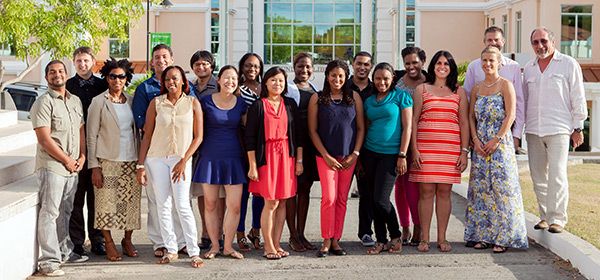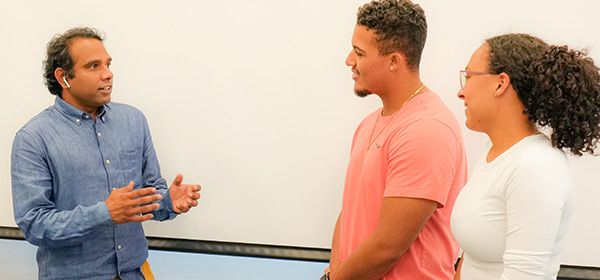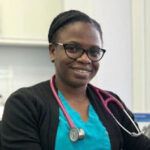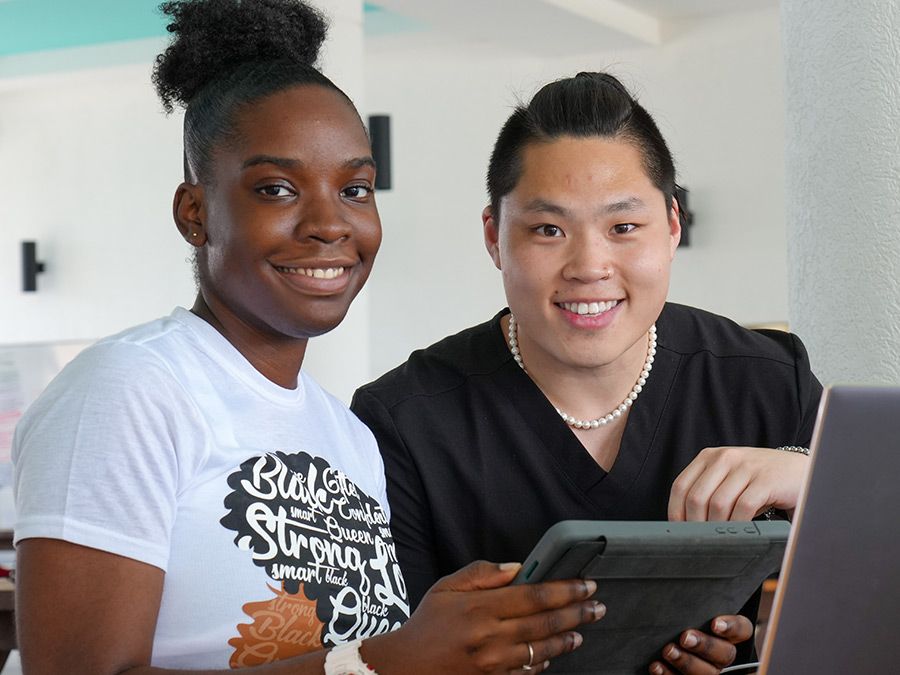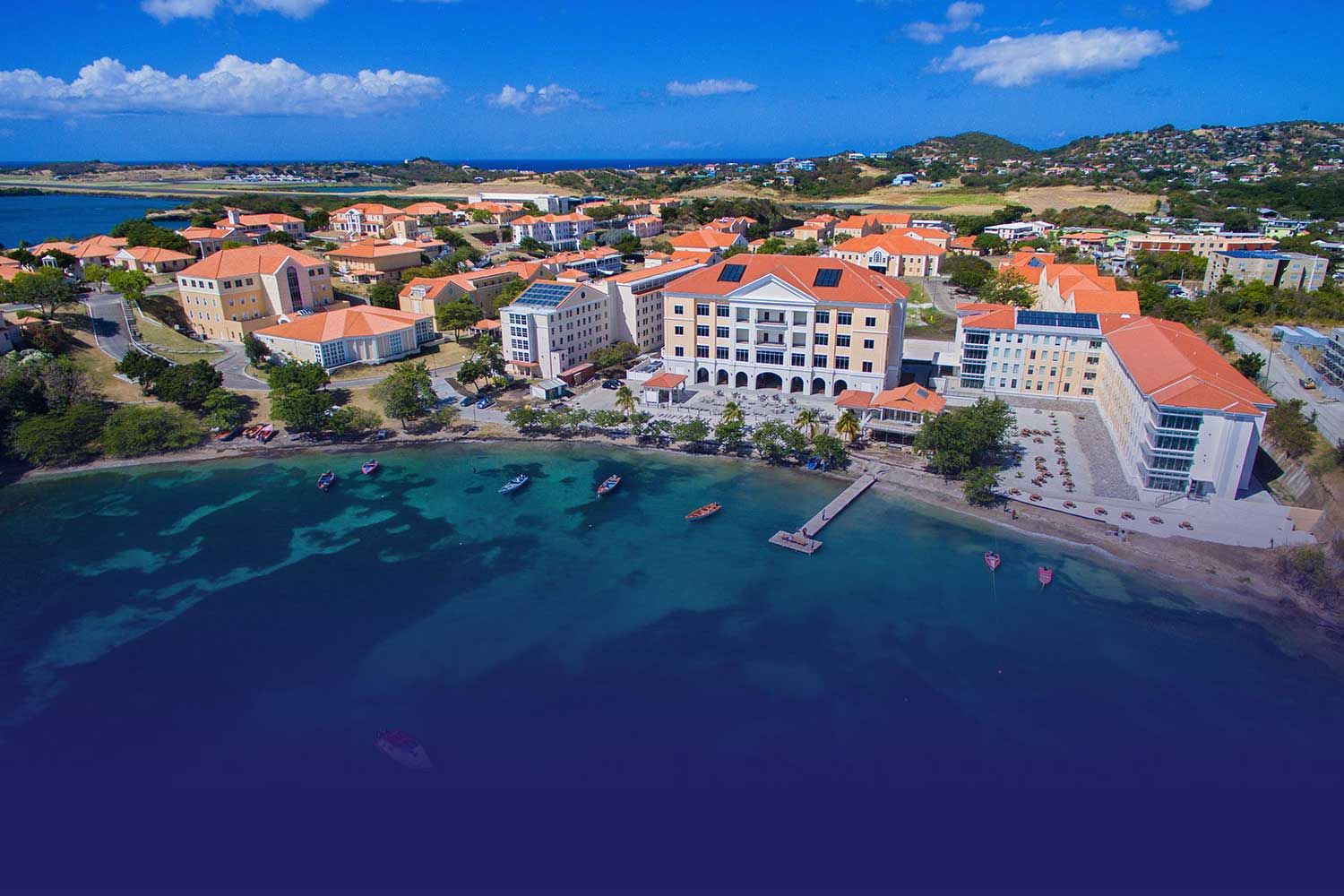Sharing your information gives you direct access to a dedicated enrollment counselor and tailored materials based on your specific interests.
“Much of what I did for changing the face value of the department came from what I learned in the MBA program. How I wanted us to be structured as an organization from a residency perspective stemmed from identifying leadership, establishing a chain of command, maintaining checks and balances, and applying the principles of leadership and management.”
Joshua K. Ramjist, MD, SGU ’11
Canada



